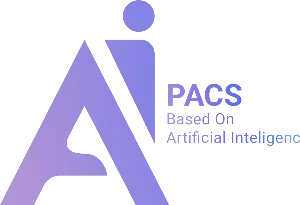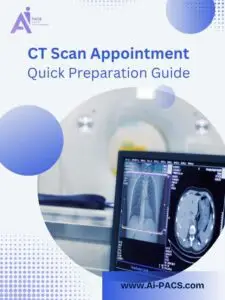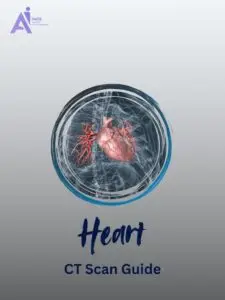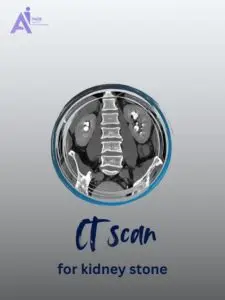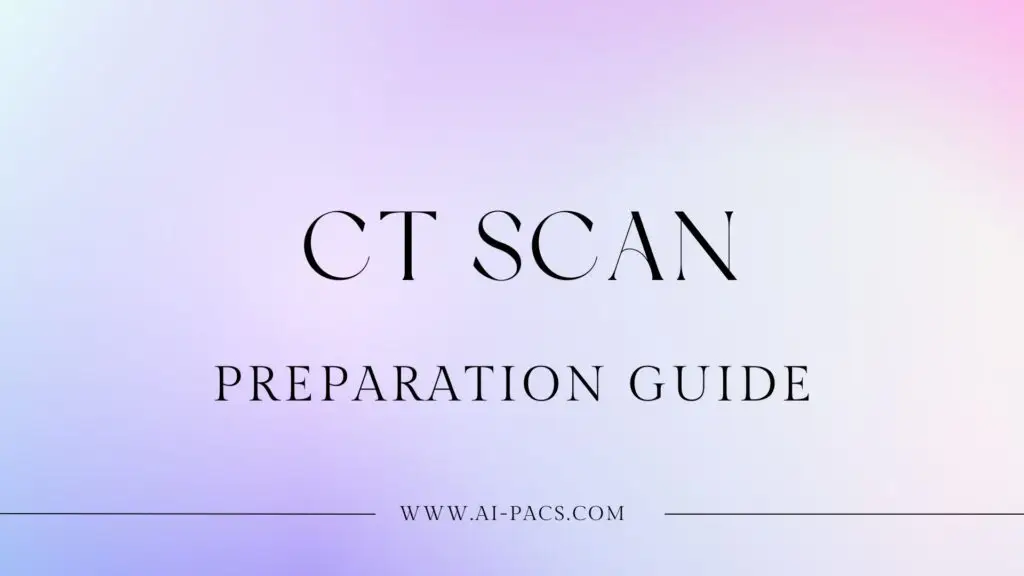Different CT Scans Require Different Preparation
The preparation instructions you receive depend entirely on what part of your body we’re scanning and whether contrast material is needed.
Non-contrast CT scans are straightforward. For studies of your head, chest, or bones without contrast, you typically need minimal preparation. You can eat normally, take your regular medications, and simply wear comfortable clothing without metal.
Oral contrast studies require drinking a special solution before your scan. This contrast highlights your digestive tract, making it easier to distinguish intestines from other abdominal structures. You’ll receive specific timing instructions for when to start drinking the contrast solution.
IV contrast studies involve injecting contrast material into your bloodstream through a small IV line. These scans enhance blood vessels and organs, but require more careful preparation, especially regarding medications and kidney function.
Combined oral and IV contrast studies use both types of contrast for comprehensive abdominal imaging. These require the most thorough preparation and longest pre-scan timing.
Critical Medication Considerations
Several medications require special attention before CT scans, particularly those involving contrast material.
Metformin (diabetes medication) typically needs to be stopped 48 hours before any contrast-enhanced CT scan. This precaution prevents a rare but serious interaction between metformin and contrast material that could affect kidney function. Your doctor will provide specific instructions for managing your blood sugar during this brief medication pause.
Blood thinners like warfarin, Eliquis, or Xarelto usually don’t need to be stopped for routine CT scans. However, if there’s any possibility you might need a follow-up procedure based on your results, your physician may adjust your anticoagulation temporarily.
Kidney medications and diuretics may require timing adjustments, especially if you’re having contrast. Always confirm with your doctor whether to take these medications on your scan day.
The key is communication. Provide your imaging center with a complete, current medication list, including over-the-counter supplements and herbal remedies.
Pre-Scan Timing and Fasting Requirements
Your preparation timeline depends on your specific study type, but planning ahead is essential for optimal results.
For morning appointments with oral contrast, you’ll typically start drinking contrast solution 90 minutes before your scan time. The contrast comes in one or two bottles, and you’ll drink them at specific intervals – usually one bottle immediately, then the second bottle 30 minutes later.
Fasting requirements apply to most abdominal CT scans with IV contrast. You’ll need to avoid all food and drink for 4-6 hours before your appointment. This isn’t arbitrary – food in your stomach can create image artifacts and increase nausea risk with IV contrast.
Hydration before contrast studies is crucial when you’re not required to fast. Drink plenty of water the day before your scan to help your kidneys process contrast material efficiently. Good hydration is one of the best things you can do to prevent contrast-related complications.
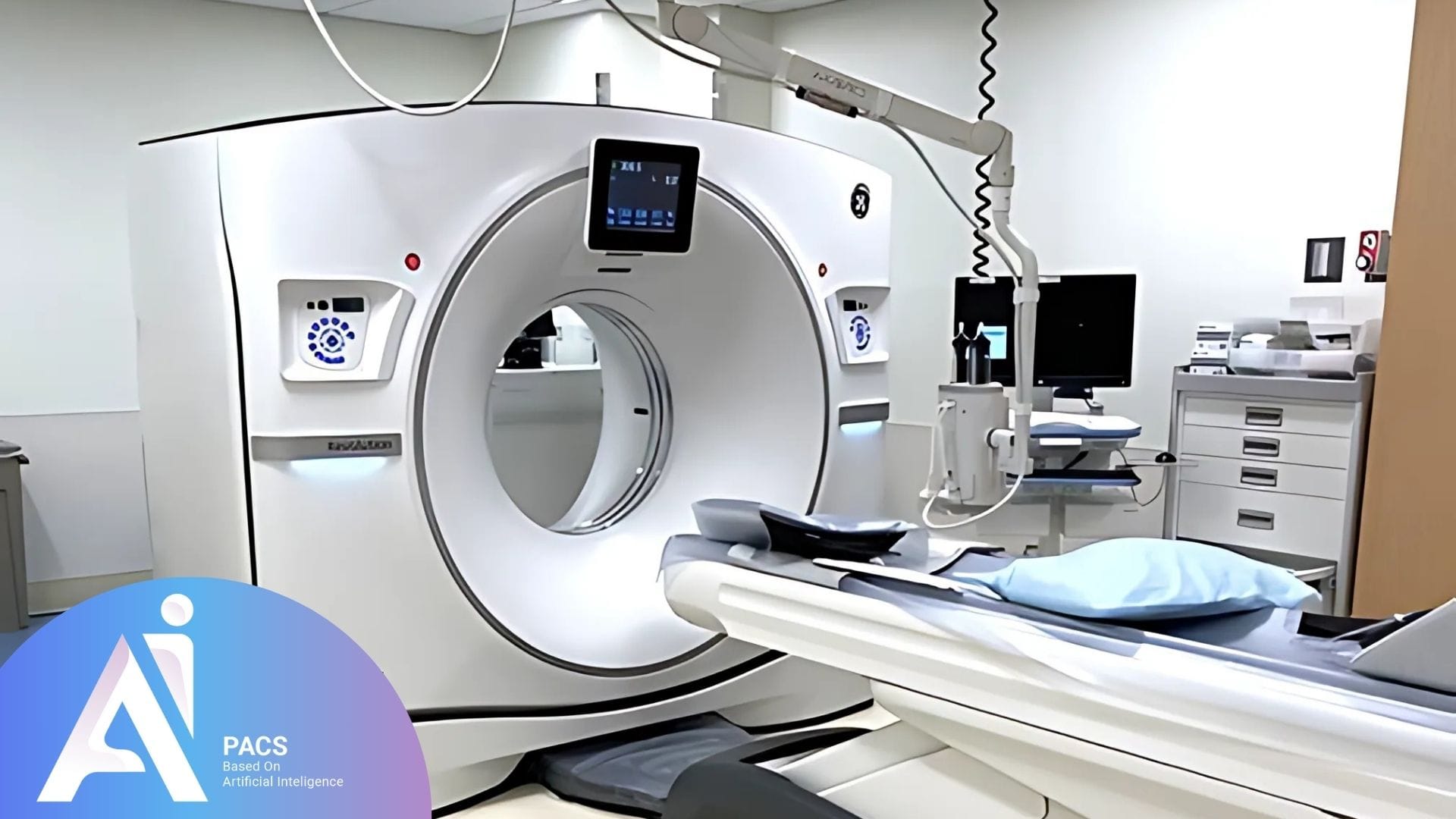
What to Wear and What to Avoid
Your clothing choices directly impact image quality and scan efficiency.
Optimal clothing includes loose-fitting garments without any metal components. Cotton t-shirts, sweatpants, or athletic wear work perfectly. Avoid anything with zippers, underwire bras, belt buckles, snaps, or decorative metal elements.
Remove all jewelry and accessories before leaving home. This includes earrings, necklaces, rings, watches, hair clips, and body piercings. Even small metal objects can create significant artifacts that obscure important anatomical details.
Hair and makeup considerations rarely cause problems, but metallic eyeshadows or hair products with metallic particles can occasionally interfere with imaging. Keep your routine simple on scan day.
Many imaging centers provide hospital gowns, but wearing appropriate clothing from home often allows you to keep your own clothes on, which many patients prefer.
Managing Kidney Function and Safety
Kidney health is paramount when receiving IV contrast, and we take several precautions to ensure your safety.
Pre-scan blood work may be required if you’re over 60, have diabetes, high blood pressure, or any history of kidney problems. We typically need kidney function tests (creatinine and eGFR) within the past 30 days for contrast studies.
Risk assessment involves reviewing your medical history for conditions that might affect contrast handling, including previous kidney disease, heart failure, multiple myeloma, or dehydration.
Alternative options exist if your kidney function is borderline or if you’re at high risk. We can often perform non-contrast studies or use alternative imaging methods when necessary.
Never assume you can’t have a CT scan because of kidney problems. We have protocols to perform contrast studies safely even in patients with mild to moderate kidney dysfunction.
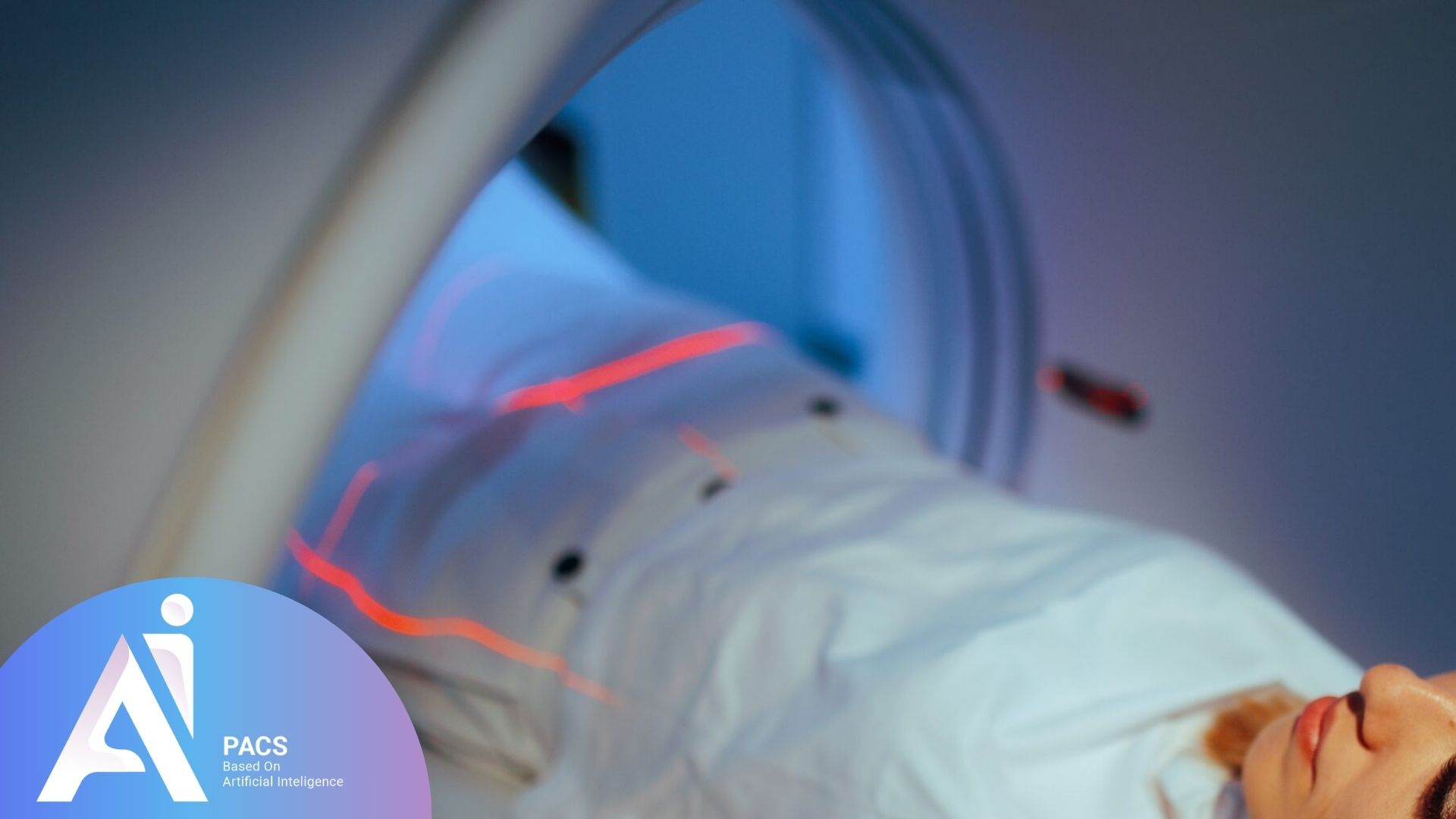
Special Medical Situations
Certain conditions require modified preparation protocols, and it’s essential to communicate these situations clearly.
Diabetes management becomes more complex when fasting is required. If you normally eat breakfast and take morning insulin, work with your healthcare team to adjust medication timing. We can often schedule your scan to minimize disruption to your diabetes routine.
Pregnancy status must be confirmed before any CT scan. While CT studies can be performed safely during pregnancy when medically necessary, we always carefully weigh risks and benefits. Inform your doctor immediately if there’s any possibility you might be pregnant.
Previous contrast reactions don’t necessarily prevent future contrast studies. If you’ve had any reaction to CT contrast, iodine, or certain medications, we can often premedicate you with steroids and antihistamines to prevent reactions.
Dialysis patients require special timing and protocols. We coordinate closely with your nephrologist to ensure contrast studies are performed safely when necessary.
Day-of-Scan Logistics
Knowing what to expect on scan day helps reduce anxiety and ensures everything goes smoothly.
Arrival timing is typically 30-60 minutes before your scheduled scan time, especially for contrast studies. This allows time for registration, IV placement if needed, and final preparation steps.
The scanning process takes 10-15 minutes for most studies. You’ll lie on a comfortable table that moves slowly through a large, donut-shaped scanner. CT scanners are much more open and less confining than MRI machines.
Breath-holding instructions are simple and brief. You’ll be asked to hold your breath for 10-15 seconds at most during certain portions of the scan. The technologist will give you clear instructions and warning before each breath hold.
Communication during the scan is always possible. The technologist can see and hear you throughout the procedure. If you feel uncomfortable or anxious, speak up immediately.
Post-Scan Care and Recovery
Your care continues after the CT scan is complete, particularly following contrast administration.
Hydration after contrast is essential. Drink plenty of water for the next 24 hours to help your kidneys eliminate the contrast material efficiently. This simple step significantly reduces the risk of any contrast-related complications.
Medication resumption should follow your doctor’s specific instructions. If you stopped metformin before your scan, you’ll typically restart it 48 hours after receiving contrast, provided your kidney function remains normal.
Watching for delayed reactions is important, though serious delayed reactions are uncommon. Contact your doctor if you experience persistent nausea, skin rash, or difficulty breathing in the hours after your scan.
Activity restrictions are minimal. You can resume normal activities immediately after most CT scans, though you might feel slightly tired if you’ve been fasting.
While most CT scan results are straightforward, complex findings may benefit from expert interpretation to ensure you understand the significance of your results and any recommended follow-up care.
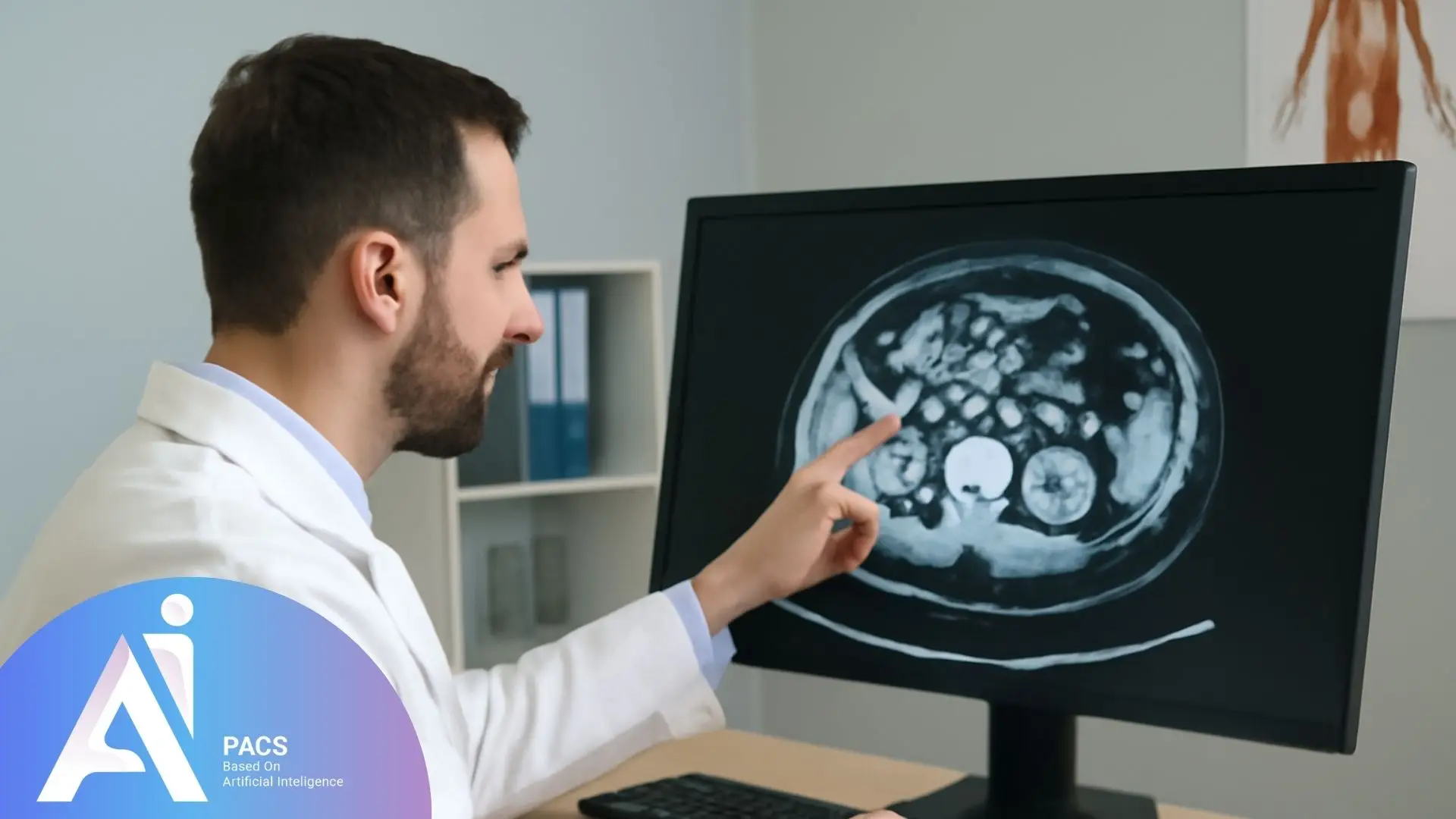
Getting Your Results
Understanding the results process helps set appropriate expectations for your follow-up care.
Most CT scans are interpreted within 24-48 hours, though urgent studies are read much faster. Your images will be carefully reviewed by a radiologist, and a detailed report will be sent to your ordering physician.
Making Your CT Scan Successful
Proper CT scan preparation directly impacts image quality and diagnostic accuracy. When you follow preparation instructions carefully, you’re ensuring that your radiologist can provide the most accurate interpretation possible.
The time you invest in proper preparation pays dividends in clearer images, accurate diagnoses, and avoiding repeat studies. Most preparation steps are straightforward, but attention to detail makes all the difference.
If you have questions about your specific CT scan preparation, contact your imaging center directly. Every facility has experienced staff who can clarify instructions and address your concerns.
Remember that your CT scan is an important tool in your healthcare, and proper preparation is your contribution to getting the best possible results. Taking these steps seriously demonstrates your commitment to your own health and helps ensure your diagnostic imaging provides the answers you and your doctor need.
Proper preparation is just the first step toward getting the answers you need. Once your scan is complete, understanding your results is equally important. Professional interpretation of your CT findings ensures you fully comprehend your diagnosis and can make informed decisions about your care.
